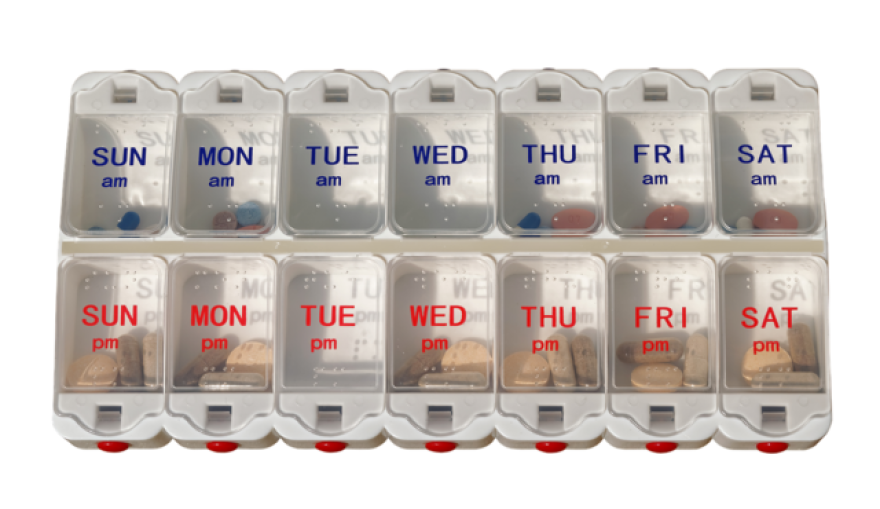Tuesday at noon on "The Source" — A recent Trump administration proposal would eliminate secretly negotiated rebates between drugmakers and pharmacy benefit managers – a major shift that could affect prescription drug pricing for Medicare and Medicaid.
The proposed changes aim to end what Health and Human Services Director Alex Azar called " a hidden system of kickbacks" that's resulted in an "era of backdoor deals." The drug industry is notoriously lacking when it comes to transparency.
If implemented, how would this rule translate to lower prescription drug prices and out-of-pocket costs for consumers? What effect could the phasing out of rebates have on Medicare's prescription drug insurance plans?
The current changes would only apply to the government's two largest health insurance programs. If drug prices go down as hoped, could this type of regulation eventually also be applicable to private insurance companies?
How are experts and consumer advocates responding to proposed changes? What other steps should be taken to make prescription drug markets more transparent?
Guests:
- Dr. Walid Gellad, director of the Center for Pharmaceutical Policy and Prescribing and associate professor in the schools of medicine and public health at the University of Pittsburgh
- Amy Goldstein, reporter covering health-care policy and other social policy issues for The Washington Post
"The Source" is a live call-in program airing Mondays through Thursdays from 12-1 p.m. Leave a message before the program at (210) 615-8982. During the live show, call 210-614-8980, email thesource@tpr.org or tweet at @TPRSource.
This interview aired on Tuesday, February 5, 2019.



